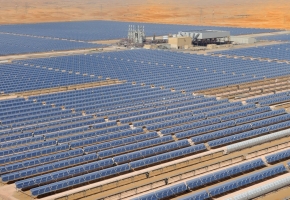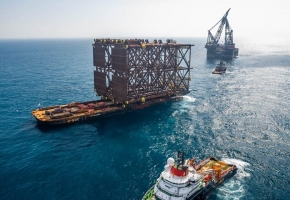This is your COVID wake-up call: It is 100 seconds to midnight

Photo: Associated Press
The COVID-19 pandemic revealed how unprepared and unwilling countries and the international system are to handle global emergencies properly. It also serves as a historic wake-up call, a vivid illustration that national governments and international organizations are unprepared to manage nuclear weapons and climate change, which currently pose existential threats to humanity.
Accelerating nuclear programs in multiple countries moved the world into less stable and manageable territory last year. Development of hypersonic glide vehicles, ballistic missile defenses, and weapons-delivery systems that can flexibly use conventional or nuclear warheads may raise the probability of miscalculation in times of tension.
Governments have also failed to sufficiently address climate change. A pandemic-related economic slowdown temporarily reduced the carbon dioxide emissions that cause global warming. But over the coming decade fossil fuel use needs to decline precipitously if the worst effects of climate change are to be avoided.
The existential threats of nuclear weapons and climate change have intensified in recent years because of a threat multiplier: the continuing corruption of the information ecosphere on which democracy and public decision-making depend.
We continue to believe that human beings can manage the dangers posed by modern technology, even in times of crisis. But if humanity is to avoid an existential catastrophe—one that would dwarf anything it has yet seen—national leaders must do a far better job of countering disinformation, heeding science, and cooperating to diminish global risks. It remains 100 seconds to midnight, the most dangerous situation that humanity has ever faced. It is time for all to take the actions needed to—quite literally—save the world.
Source: Bulletin of the Atomic Scientists







